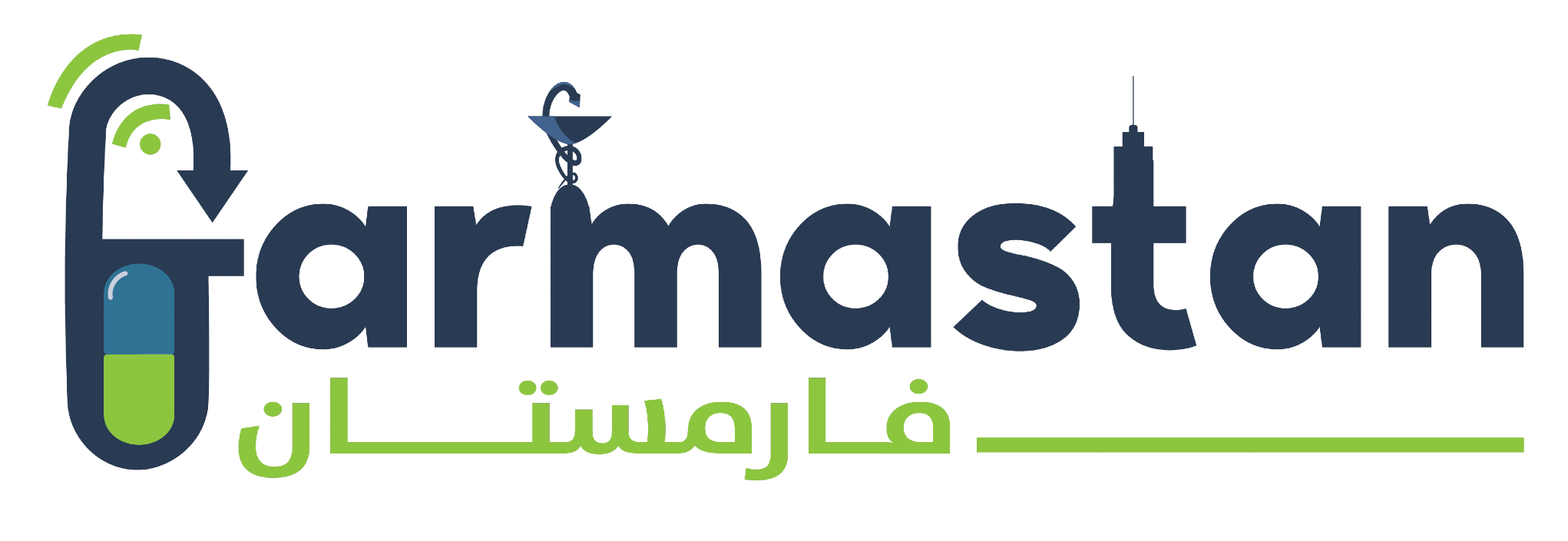Business Writing Primer
[ad_1]
Writing is a basic means of communication and we have many reasons to choose to express our thoughts or requests in writing, rather than verbally. Usually, we write to make our thoughts official, to communicate with someone whom we do not know, or to communicate with a large number of people.
We write to express our point of view or to make a request. We may write to persuade the reader to take a particular action based on information that is presented, or to consider a new perspective and modify his/her opinion. In other words, writing is selling.
All writing is about the intended reader, that is, the audience. Whether it’s a book, song, movie, website, marketing brochure, grant proposal, or fundraising letter, the top priority for the writer to keep in mind is that the reader matters most. Writers will benefit from the following guidelines:
1. Purpose: Why are you writing?
2. Audience: Who is the reader (audience)?
3. Outcome: How can you persuade the reader to care about your subject or request?
The first question is about you, the writer. What motivates you to write? Are you in search of funding for a project that you would like to advance and so you must write a business or grant proposal? Might your objective be to write a sales or marketing letter that will be sent to those whom you feel are potential customers for your product or service? Are you producing content for a website or other promotional material that will communicate your expertise to potential customers and persuade them to contact you?
You will be an effective writer only when you develop the self-awareness and confidence to acknowledge what you would like your written material to accomplish, so that you will choose vocabulary that reflects your intent.
The second question ensures that you tailor your message and vocabulary to resonate with your intended reader or audience. The successful writer will consider the point of view of the reader and craft a message that is likely to be understood and accepted by him/her.
If it is a proposal that you will write then you must address the interests of stakeholders, who will be positioned to speak favorably (or unfavorably) about your request. Grant applications and business proposals always include financial information as well as operations and marketing information, for example, to satisfy those three important decision-making constituencies.
The final question addresses the perceived benefits the reader or audience can expect to derive from what you have written. Here, the writer must tightly focus on the readers’ priorities and preferences, and consider the outcomes attached to the expression of the writer’s opinion, creative expression, or value of the request. How will the reader benefit if s/he buys your book, devotes time and money to attending a performance of your music, or approves your grant or proposal?
The writer is advised to utilize a communication style and vocabulary that are familiar and reassuring to the reader or audience as a way to build trust, encourage acceptance and approval, and result in mutual success.
Thanks for reading,
Kim

Leave a Reply
You must be logged in to post a comment.